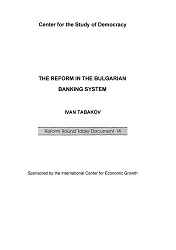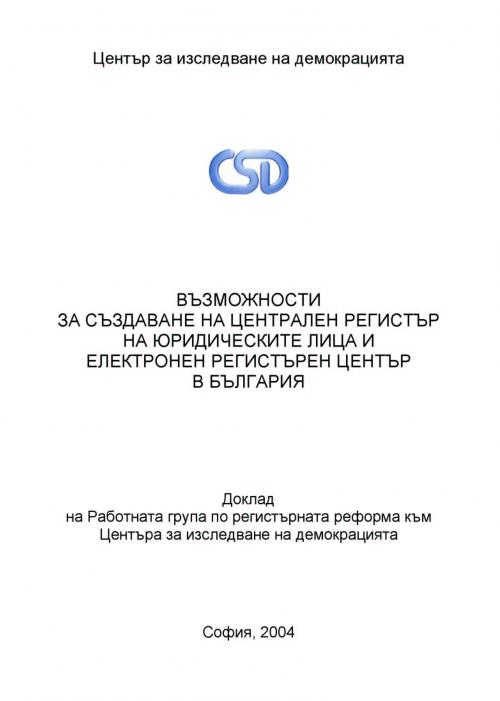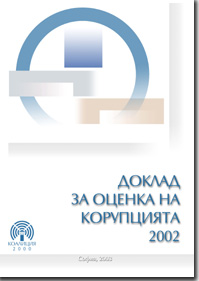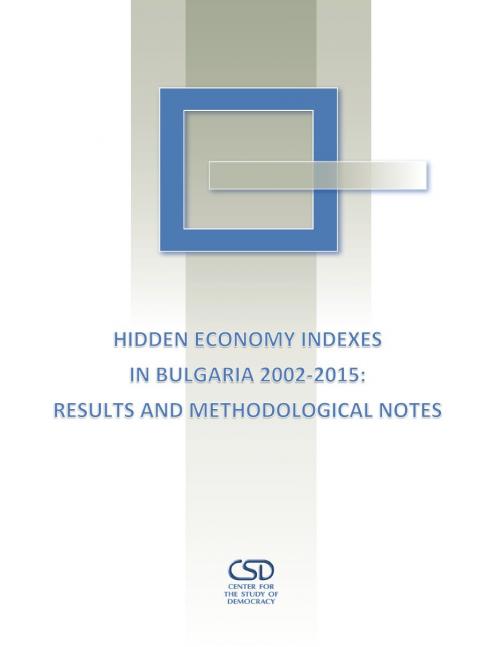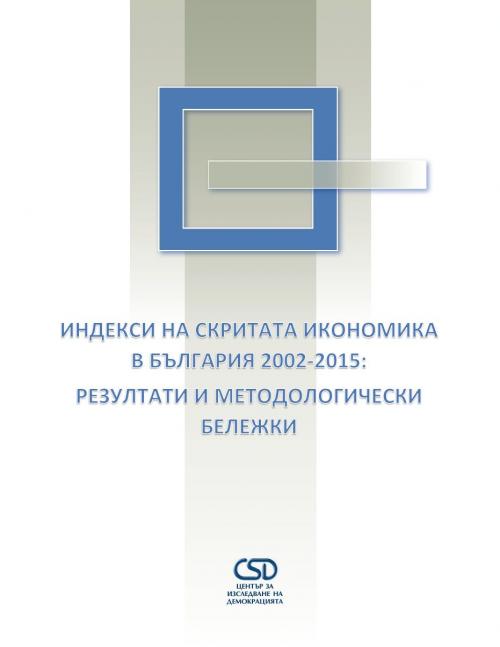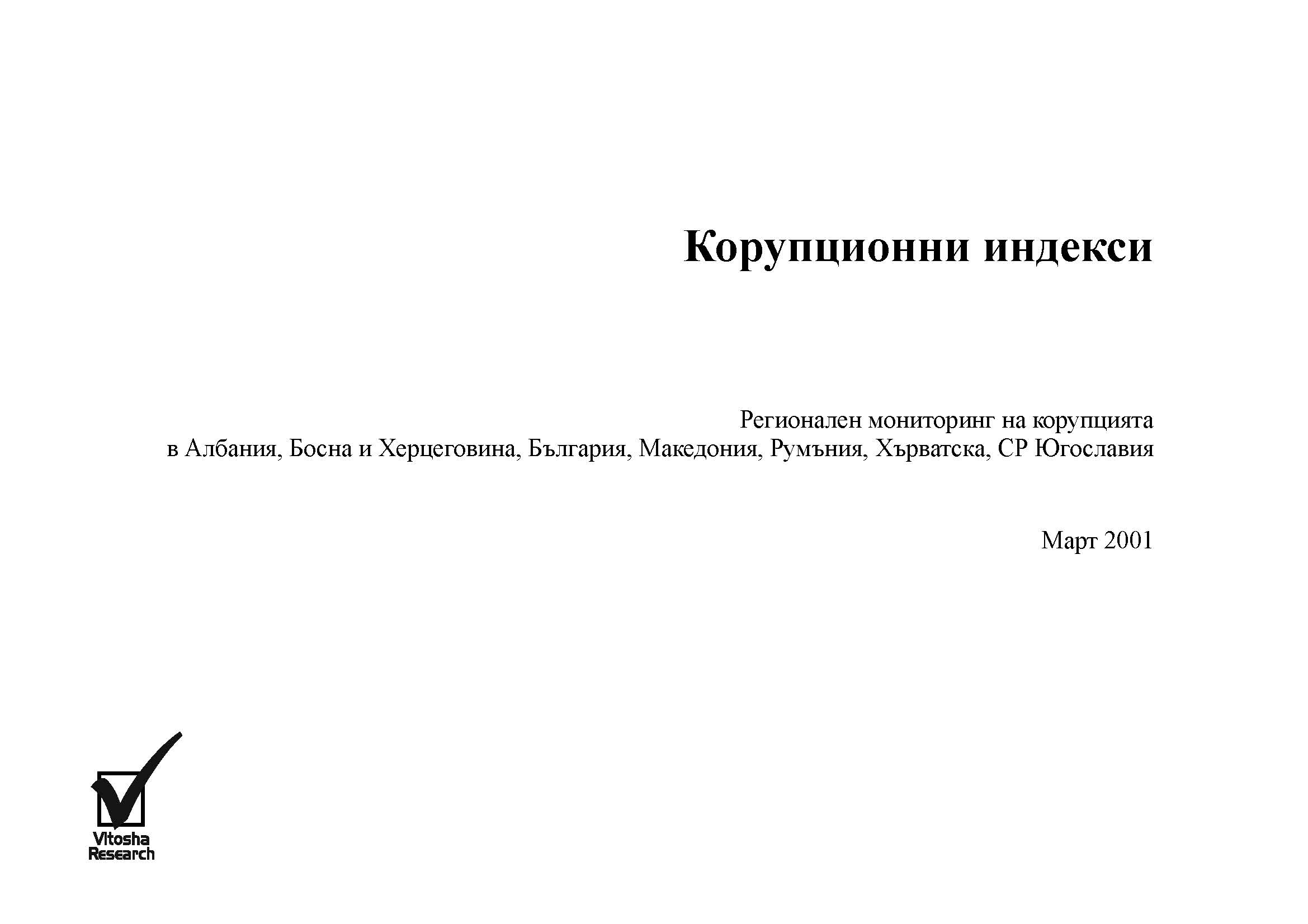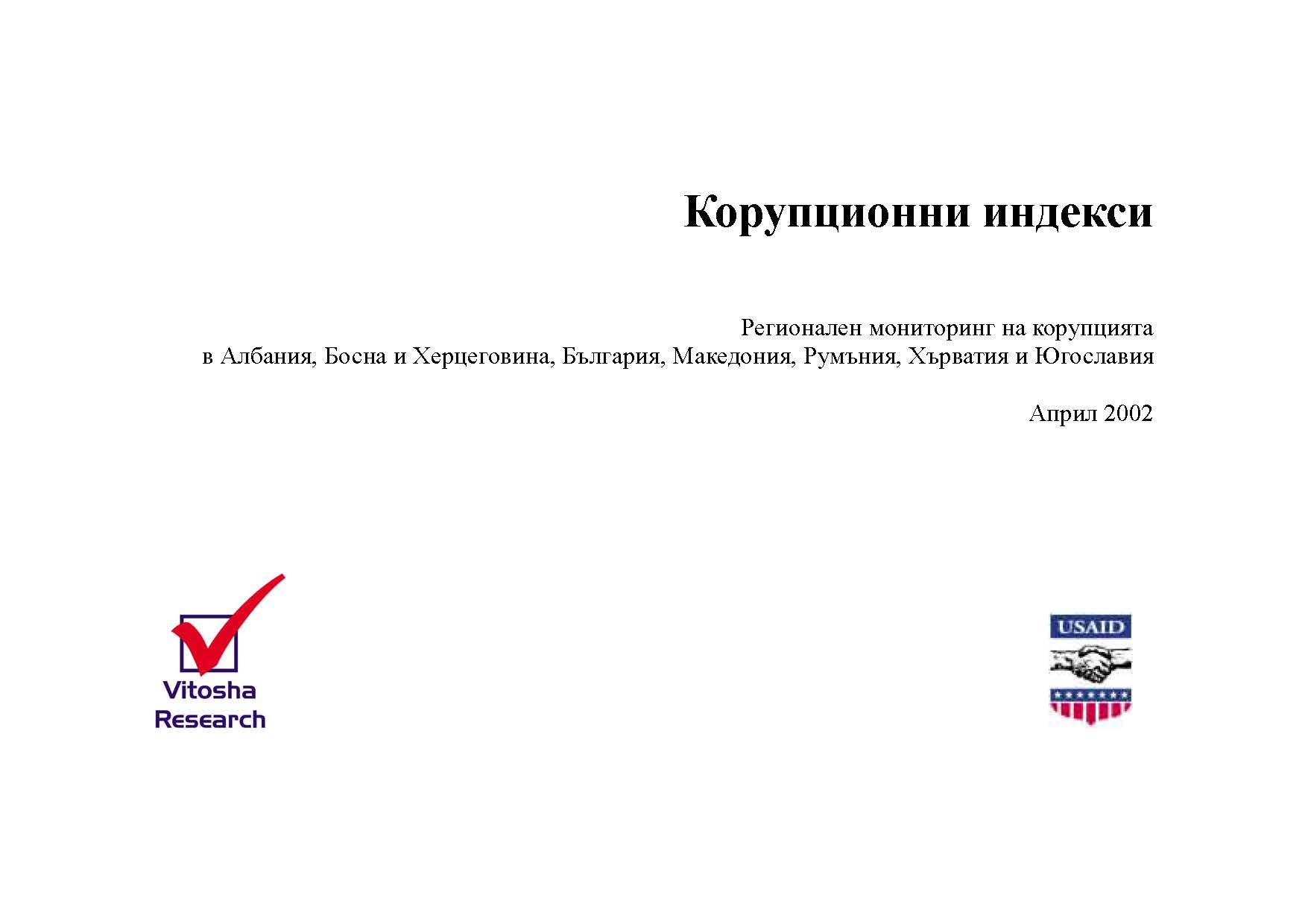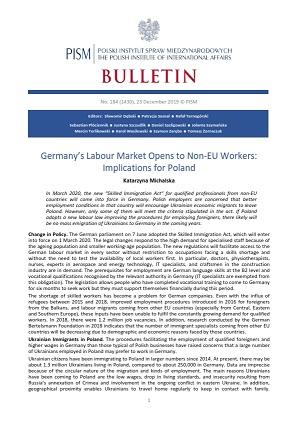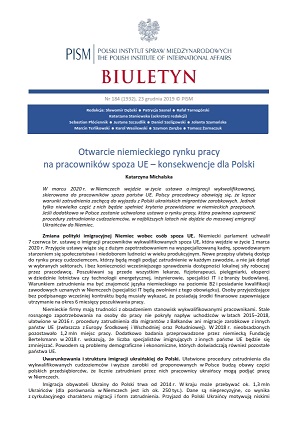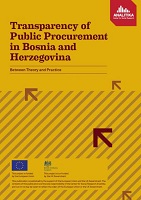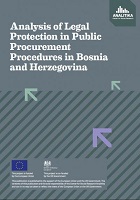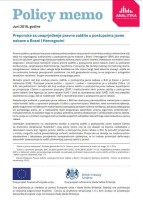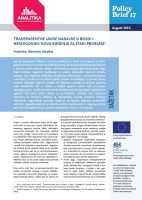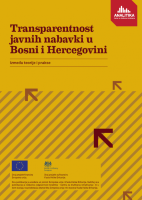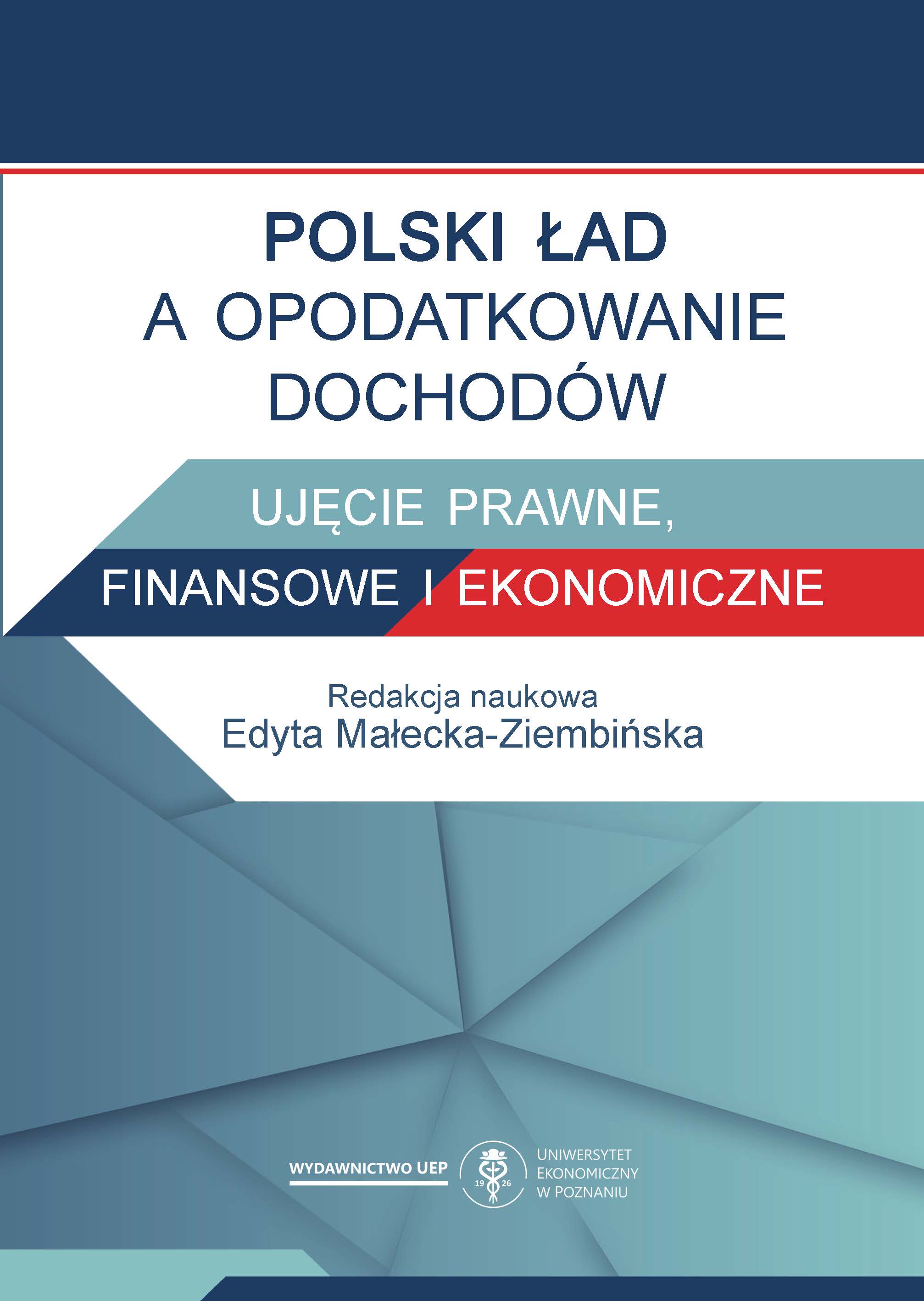Author(s): Nermina Voloder / Language(s): Bosnian
Transparentnost se često izdvaja kao jedan od ključnih pokazatelja pravednog i funkcionalnog sistema javnih nabavki, a podrazumijeva dostupnost svih relevantnih informacija koje omogućavaju zainteresiranim subjektima da budu upoznati sa pravilima i procedurama koje se primjenjuju u procesu javnih nabavki. Ukoliko javni organ ne osigura adekvatan nivo transparentnosti, nije moguće provjeriti da li je postupak javne nabavke proveden nepristrasno i u skladu sa procedurama. U tom kontekstu, transparentno provođenje javnih nabavki doprinosi većoj odgovornosti javnih organa i efikasnijoj kontroli trošenja javnih sredstava. Ugovorni organi u Bosni i Hercegovini (BiH) dužni su transparentno provoditi postupke javne nabavke, osigurati jednak i fer tretman svih ponuđača, a sve sa ciljem postizanja najbolje vrijednosti za javni novac. Ovi principi propisani su Zakonom o javnim nabavkama u Bosni i Hercegovini (u daljnjem tekstu: ZJNBiH), koji je usvojen u aprilu 2014. godine, kao dio reforme sistema javnih nabavki i usklađivanja domaćeg zakonodavstva sa legislativom Evropske unije. Novi, modernizirani zakonski okvir u BiH uspostavljen je deset godina nakon usvajanja prvog Zakona o javnim nabavkama iz 2004. godine, koji je u praksi pokazao brojne manjkavosti, između ostalog, i u domenu transparentnosti. Iako je novim zakonom bolje normiran aspekt transparentnosti u javnim nabavkama, i dalje su uočljivi nedostaci koji bi mogli imati značajne implikacije na praksu. U ovoj analizi upravo je jedan od ciljeva procijeniti u kojoj mjeri zakonski okvir osigurava adekvatan nivo transparentnosti u javnim nabavkama u BiH, te na koji bi se način transparentnost mogla unaprijediti. Analiza nudi uvid u glavne prepreke transparentnosti u oblasti javnih nabavki, posebno u svjetlu međunarodnih standarda i komparativnih praksi, prvenstveno se fokusirajući na postojeća zakonska i institucionalna rješenja u ovoj oblasti. Potrebno je napomenuti da se novi Zakon o javnim nabavkama BiH primjenjuje tek od novembra 2014. godine te određeni podzakonski akti relevantni za transparentnost još nisu doneseni. Iz tog je razloga uvid u praksu javnih nabavki ograničen u ovoj fazi istraživanja. Ovaj izvještaj stavlja fokus na obaveze javnih institucija da, u skladu sa Zakonom o javnim nabavkama BiH, samoinicijativno objavljuju ključne informacije o javnim nabavkama, koje omogućavaju provođenje postupka javnih nabavki, ali i uvid javnosti u proces dodjele ugovora. Također, pristup svim javnim informacijama u posjedu bilo koje institucije u BiH, uključujući i specifične informacije o javnim nabavkama, moguće je zahtijevati u skladu sa zakonima o slobodnom pristupu informacijama, koji su usvojeni na državnom i entitetskom nivou, no taj aspekt transparentnosti nije predmet ove analize. Za potrebe ovog izvještaja u obzir su uzete glavne rasprave konceptualne prirode kada je u pitanju transparentnost u procesima javnih nabavki. Potom je urađen pregled međunarodnih standarda u ovoj oblasti, sa fokusom na Direktive Evropske unije o provođenju postupaka javne nabavke, kao i na presude Evropskog suda pravde. Također, predstavljene su komparativne prakse u domenu transparentnih javnih nabavki u zemljama Evropske unije, koje imaju inovativne pristupe unapređenju sistema javnih nabavki, poput Slovačke i Portugala. Posebno su analizirani zakonski okviri i prakse zemalja regije zapadnog Balkana, koje su u posljednjih nekoliko godina inovirale svoj zakonski i institucionalni okvir u ovom domenu, kao dio procesa približavanja članstvu u Evropskoj uniji. Ovdje se prije svega misli na iskustva Hrvatske, Srbije i Slovenije. Analizirani su i dosadašnji izvještaji u ovoj oblasti, te stari i novi zakonski i institucionalni okvir. Konačno, urađeni su intervjui sa predstavnicima ključnih institucija, uključujući Agenciju za javne nabavke (u daljnjem tekstu: AJN) i Ured za razmatranje žalbi (u daljnjem tekstu: URŽ), kao i sa predstavnicima poslovne zajednice u BiH.
More...



